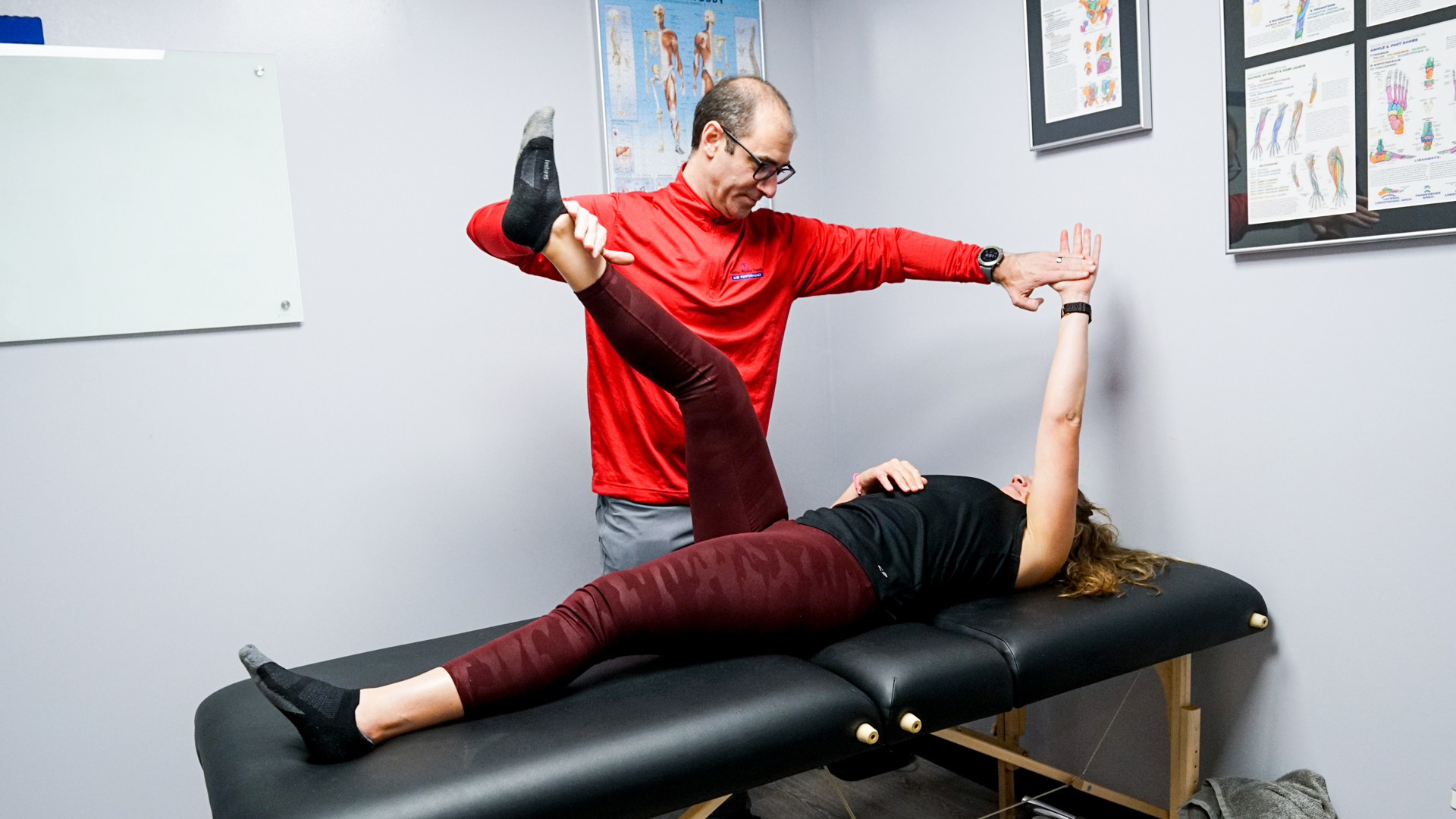Enabling Clients Through Social Support within Cardiopulmonary Recovery Programs.
Wiki Article
Cardio-pulmonary rehab programs are designed to help individuals with heart and lung issues enhance their well-being and quality of life. These initiatives commonly consist of physical exercise, instruction about cardiac and pulmonary well-being, and assistance for implementing lifestyle changes. Nonetheless, one crucial aspect that is sometimes overlooked is the importance of psychosocial assistance. Emotional assistance refers to the emotional and social assistance that patients receive during their rehabilitation journey. This support can empower individuals, enhance their confidence, and help them navigate the challenges that come with chronic medical issues.

Individuals in cardiac and pulmonary rehab often face various emotional and psychological difficulties. Feelings of nervousness, sadness, and loneliness can be common. These emotions may arise from the stress of confronting with a serious health issue or the fear of future medical issues. Emotional assistance can aid tackle these emotions by providing patients with a secure environment to talk about their concerns and bond with peers who comprehend what they are going through. Group counseling sessions and one-on-one therapy can be beneficial ways to facilitate this support. By interacting with experts and peers, patients can acquire adaptation techniques and find encouragement from peers who share similar experiences.
Incorporating psychosocial assistance into cardiac and pulmonary rehab programs can lead to improved health outcomes for individuals. Studies indicate that when individuals receive emotional support, they are more apt addressing anxiety in heart patients to adhere to their rehabilitation programs, adhere to treatment, and implement necessary lifestyle modifications. This involvement can lead to improved health health, reduced admissions, and an entire better quality of living. Support teams can foster motivation and responsibility, assisting patients remain dedicated to their recovery objectives. This collaborative method highlights the significance of addressing both bodily and psychological well-being in the recovery process.
Educators and medical providers play a vital part in offering emotional assistance within these initiatives. They can assist individuals comprehend the importance of emotional health in their recovery journey. By creating an atmosphere of empathy and understanding, healthcare providers can encourage open communication about feelings and worries. Educating staff in communication skills and emotional support techniques can improve the overall patient journey. Moreover, integrating education about stress management, relaxation techniques, and healthy coping approaches go to website can enable individuals to assume an proactive part in their mental health.
In conclusion, strengthening individuals through emotional assistance in cardiac and pulmonary rehabilitation initiatives is crucial for promoting holistic recovery. By recognizing the emotional and social aspects of recovery, healthcare providers can create a more supportive environment that addresses the needs of the whole person. Individuals who receive this comprehensive treatment are more apt to achieve their health objectives and improve their overall standard of living. The inclusion of emotional support into rehabilitation programs not only enhances the individual journey but also leads to improved long-term health outcomes.